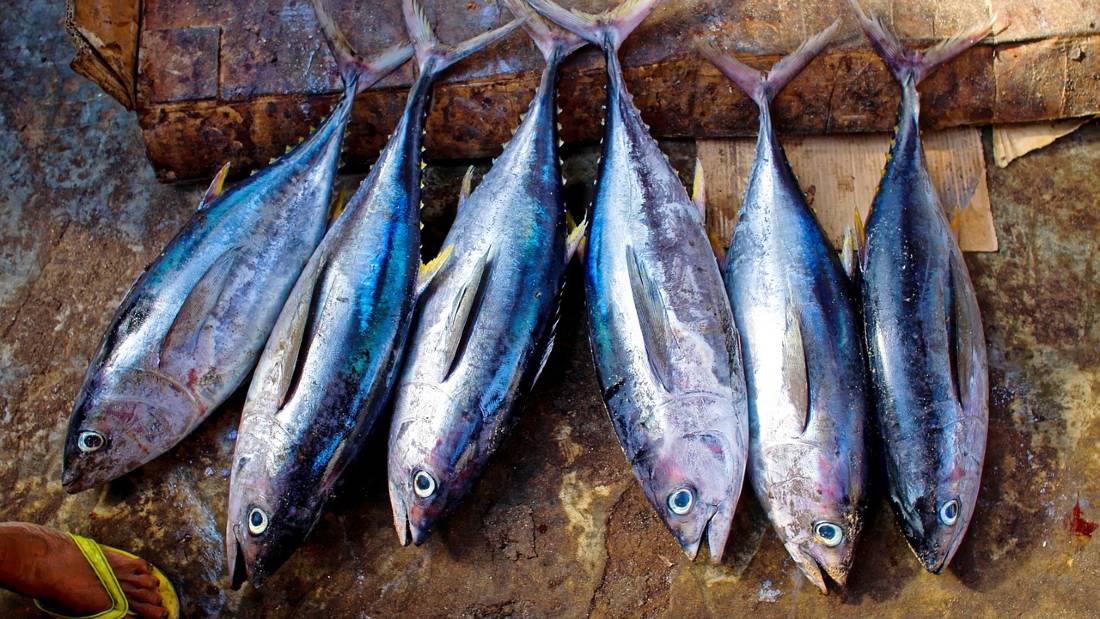“Danger – Do Not Eat Fish”

Holding a Danger – Do Not Eat Fish banner above a very sad, giant halibut, health charity nutritionists interrupted a Billingsgate fish market photocall featuring chef Gordon Ramsey and media nutritionist Amanda Ursell this morning. The nutritionists circulated a new scientific report, published to coincide with the launch of Sea Food Week (October 2), which challenges the claim that fish is essential for good health. Explaining their actions, Charlie Powell, health campaigner for the Viva Health said: “The public deserve to be told the truth about eating fish. They don’t realise that most fish and fish oil supplements are contaminated with poisons such as mercury and dioxins. Sea Food Week organisers recommend we eat two to three portions of oily fish a week, but fail to mention that this will increase people’s exposure to these dangerous toxic chemicals“. The report, Fishing for Facts, reviews research into the effect of fish/fish oils on health and compares their effectiveness with plant oils. It concludes that the Government’s public health strategy of promoting fish and fish oils to safeguard against heart disease has been a failure.
Most fish – and fish oils in particular – contain deadly poisons. The Food Standards Agency has advised pregnant women and children to avoid some types of fish entirely due to contamination. Fish oils are half as effective as plant oils in reducing heart attacks in high-risk patients. Fish oils may not increase the chances of long-term survival, plant oils do. Research using plant oils shows a 70 per cent lower risk of death in high-risk patients who have already had one heart attack – more than twice the reduction found in similar studies using oily fish. The report also shows that the average consumption of oily fish is just one-third the recommended level and is unlikely to offer any major health benefits. “The research keeps piling up that the best way to avoid heart disease and a string of other degenerative diseases is to adopt a more plant-centred diet, low in saturated fat and high in essential plant fats“, concludes Charlie Powell. “The truth is in the research – if we’re concerned about health, we’re better off not eating fish“.
Laura Scott, Senior Nutritionist for the Viva Health, will be available for interviews in London on Thursday. For a digital photograph of the protest, or for further information, contact Laura Scott or Charlie Powell at Viva Health on 0117 970 5190




